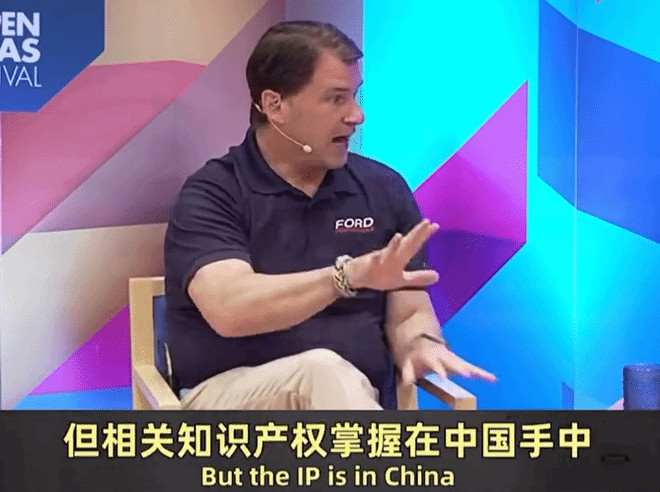Ford CEO: I want to use lithium iron phosphate batteries but encounter obstacles. The intellectual property rights are in China!
Sometimes, Ford Motor CEO Jim Farley bluntly stated in an interview with the media that Ford is very eager to use lithium iron phosphate batteries in its models, but the reality is that the intellectual property rights related to such batteries are currently firmly controlled by China.

Jim Farley revealed that Ford Motor Company conducted a comprehensive and in-depth investigation on BYD, and found many key differences during the investigation. At present, most electric vehicles on the US market use ternary lithium batteries. However, compared with ternary lithium batteries, the cost of lithium iron phosphate batteries is about 30% lower.
From the performance perspective, after multiple cycle charge and discharge, the service life of lithium iron phosphate batteries can reach twice that of ternary lithium batteries, and there will be no performance attenuation. Although the energy density of lithium iron phosphate batteries is relatively low, this also greatly reduces its risk of fire.

In contrast, the ternary lithium battery that is more popular in Western countries has high energy density, but is expensive and has extremely high flammability. Because of this, Ford also hopes to use lithium iron phosphate batteries on cheap models, but unfortunately, the relevant intellectual property rights are all in the hands of Chinese companies. Jim Farley also said that if Ford decides to transform into lithium iron phosphate batteries, it will need to localize relevant intellectual property rights in Michigan, which is undoubtedly a very challenging and difficult task.









